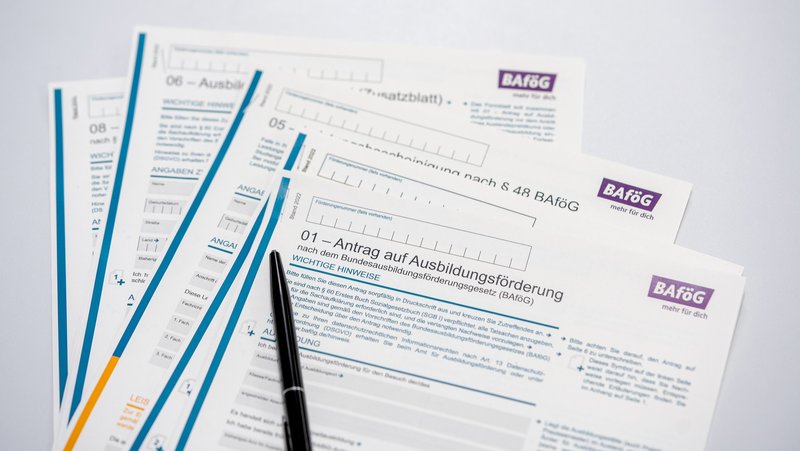Ein Studium zu finanzieren stellt viele Studierende vor eine Herausforderung. Auf dieser Seite werden die Kosten und möglichen Finanzierungsquellen für ein Studium vorgestellt.
Kontakt
Zentrale Studienberatung Universität Trier
Universitätsring 15
Gebäude V, Raum 36
54296 Trier
Tel.: +49 651 201 - 2805
E-Mail: zsbuni-trierde







